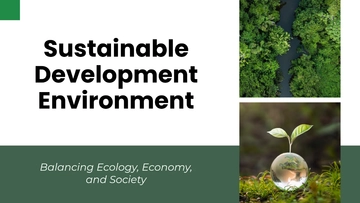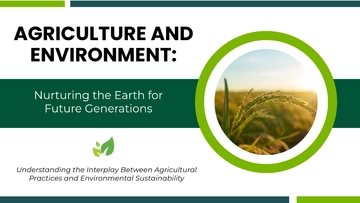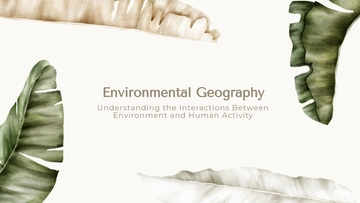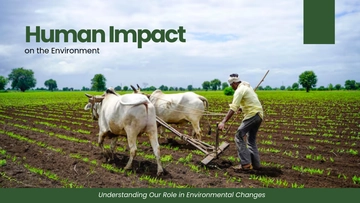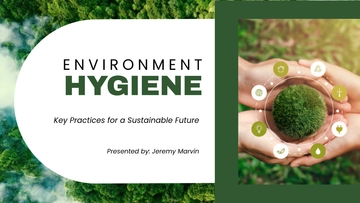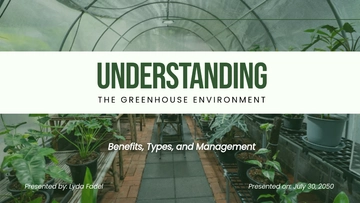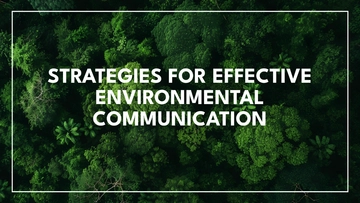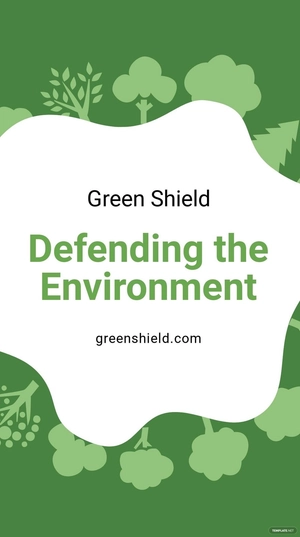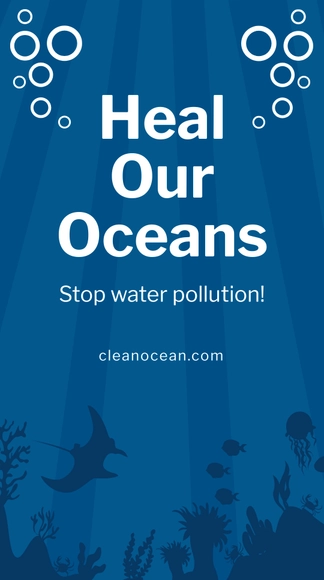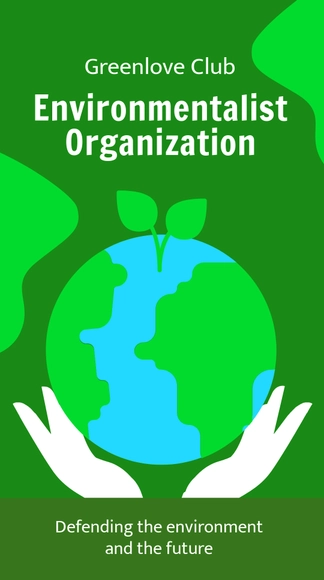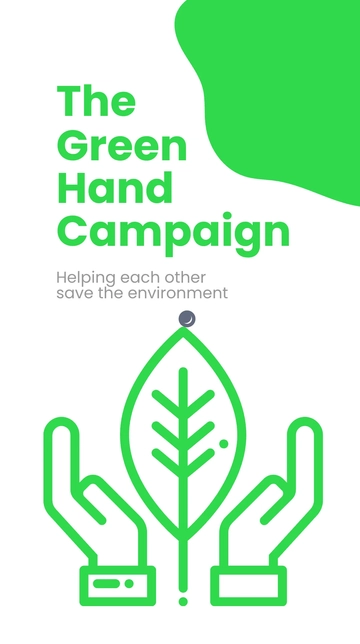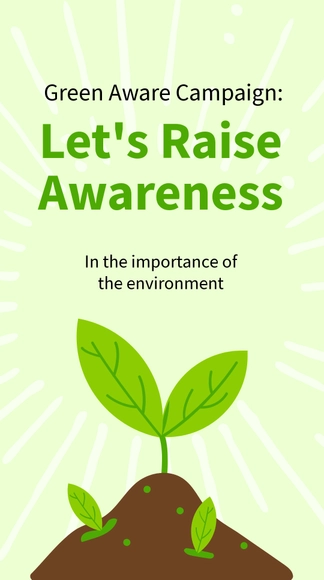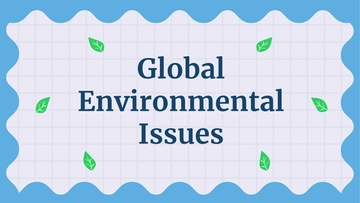Free Cleaning Services Waste Management Policy
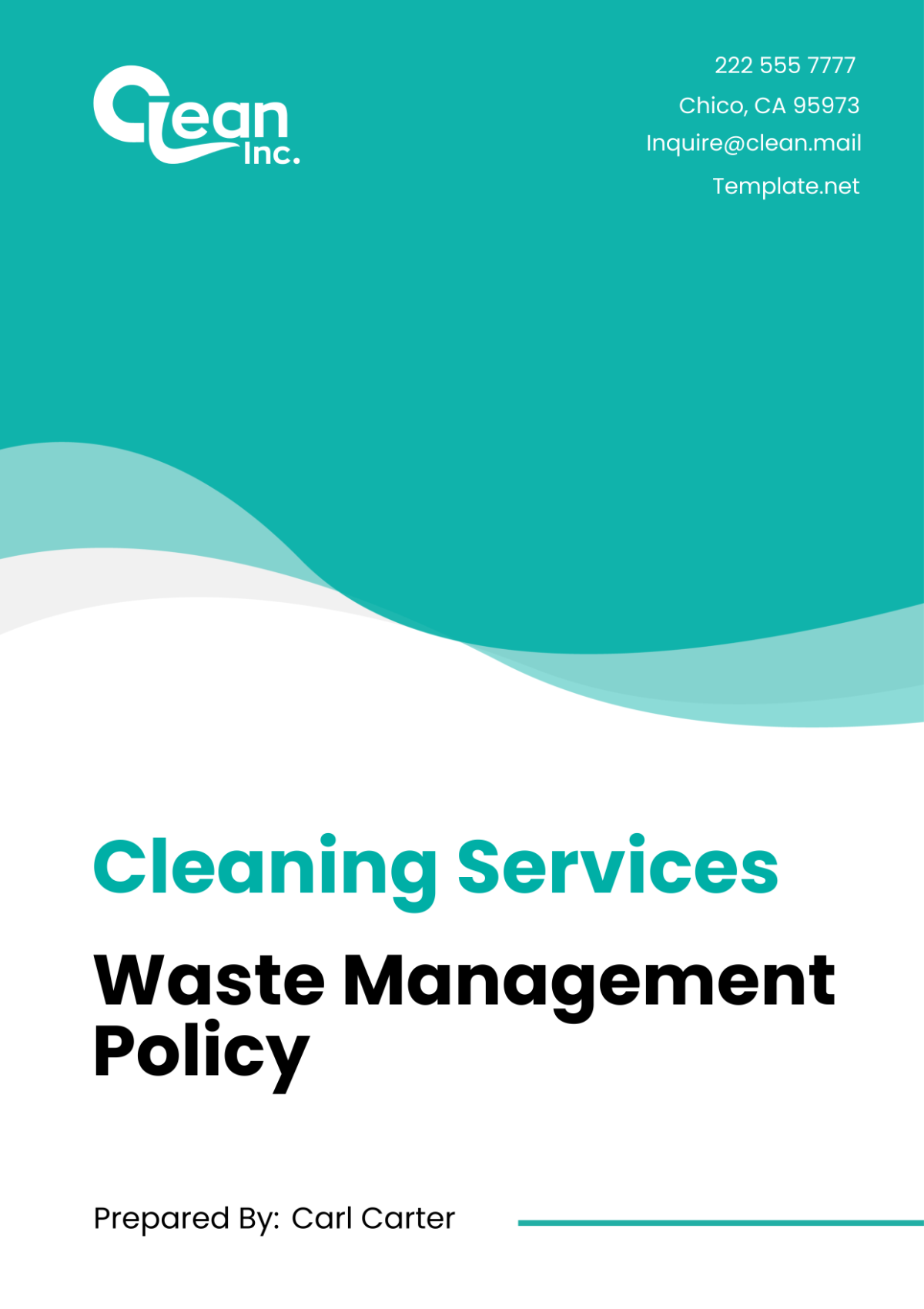
I. Introduction
This Waste Management Policy has been meticulously developed to guide [Your Company Name] in adopting a sustainable and ecologically responsible approach towards managing waste. This document delineates our unwavering commitment to three fundamental principles: reducing the generation of waste at its source, fostering a culture of recycling and material reuse, and ensuring the environmentally responsible disposal of waste.
These practices are integral to our operations and are expected to be upheld by all employees across various departments. The implementation of this policy signifies our pledge to not only minimize our environmental footprint but also to set a benchmark for environmental stewardship within the cleaning service industry.
II. Policy Objectives
The foundation of our Waste Management Policy rests on a commitment to sustainability and ecological responsibility. This commitment is reflected in our strategic objectives, which serve as the cornerstone for our actions and decisions regarding waste management.
Reduce Waste Generation: Our primary objective is to substantially diminish waste production at its origin. This entails a meticulous evaluation and modification of our operational processes, procurement policies, and material usage to identify opportunities for waste reduction.
Promote Recycling and Reuse: We are committed to elevating our waste segregation practices and enhancing the infrastructure to support the recycling and reuse of materials. This involves the provision of adequate facilities and resources for effective waste segregation at all company locations.
Proper Disposal: For waste that cannot be effectively reused or recycled, we are dedicated to ensuring its disposal is carried out in an environmentally sound manner. This involves adhering to the highest standards of waste disposal, including the proper treatment and disposal of hazardous and non-recyclable waste, in compliance with environmental regulations.
Compliance and Improvement: Adherence to local, state, and federal waste management regulations is not just a legal obligation for us but a moral one. We are committed to ongoing compliance with these regulations as a foundation of our operations. This involves regularly reviewing and updating our policies, procedures, and goals in light of new technologies, regulations, and industry best practices.
Through these objectives, [Your Company Name] aspires to not only meet the current environmental standards but to exceed them, demonstrating leadership and responsibility in the sphere of waste management.
III. Roles and Responsibilities
The successful implementation of the Waste Management Policy at [Your Company Name] hinges on the active participation and collaboration of all stakeholders within the organization. This section delineates the specific duties and expectations associated with key positions within our company, underscoring the collective effort required to foster a culture of sustainability and responsibility.
A. Executive Management
Policy Oversight: Ensure the Waste Management Policy is aligned with the company's overall strategic goals and environmental commitments.
Resource Allocation: Provide the necessary resources, including financial, human, and technological, to support effective waste management practices.
Culture and Leadership: Foster a company-wide culture of sustainability, leading by example and encouraging innovation in waste reduction and management.
B. Environmental Compliance Officer
Regulatory Compliance: Monitor and ensure compliance with all relevant environmental regulations and standards, acting as the primary liaison with regulatory bodies.
Policy Updates: Regularly review and update the Waste Management Policy to reflect changes in legislation, industry standards, and best practices.
Training and Awareness: Develop and oversee the implementation of training programs for employees on sustainable waste management practices and compliance requirements.
C. Department Managers
Implementation and Monitoring: Oversee the day-to-day implementation of waste management procedures within their departments, ensuring adherence to policy guidelines.
Performance Reporting: Monitor and report on waste management performance metrics, identifying areas for improvement and implementing corrective actions as necessary.
Employee Engagement: Engage employees in waste reduction initiatives, encouraging feedback and participation in sustainability efforts.
D. Employees
Policy Adherence: Comply with all aspects of the Waste Management Policy, including segregation of waste, proper disposal, and participation in recycling programs.
Continuous Improvement: Contribute to continuous improvement efforts by suggesting enhancements to waste management practices and participating in sustainability initiatives.
Environmental Stewardship: Act as ambassadors of [Your Company Name]'s commitment to environmental responsibility, both within the workplace and in the broader community.
E. Waste Management Team
Operational Execution: Develop, implement, and manage waste management procedures, including waste collection, segregation, recycling, and disposal.
Vendor Coordination: Coordinate with external waste management and recycling vendors to ensure the efficient and environmentally sound handling of waste materials.
Data Management and Reporting: Collect and analyze waste management data to track performance against objectives, reporting findings to management and recommending improvements.
Through the assignment of these roles and responsibilities, [Your Company Name] ensures a comprehensive and integrated approach to waste management, leveraging the strengths and capabilities of our entire team. This collaborative effort is crucial for minimizing our environmental footprint and achieving our sustainability goals.
IV. Waste Reduction Strategies
The cornerstone of [Your Company Name]'s environmental policy is the implementation of robust waste reduction strategies. These strategies are designed to tackle waste generation at its source, promoting a culture of sustainability and responsibility. Each element of our strategy is underpinned by a commitment to minimizing our environmental impact through smarter procurement, equipment management, and employee engagement.
Procurement Practices: Our procurement strategy prioritizes the acquisition of materials that are not only durable but also recyclable or compostable. By carefully selecting products that have a lower environmental footprint, we aim to reduce waste before it is generated.
Equipment Maintenance: A proactive approach to equipment maintenance is key to extending the lifespan of our assets and reducing waste associated with equipment replacement. Regular maintenance schedules are rigorously followed, ensuring that all equipment operates efficiently and with minimal downtime.
Employee Training: Empowering our employees through education is fundamental to our waste reduction efforts. We conduct comprehensive training sessions focused on waste minimization practices, proper waste segregation, and recycling.
V. Waste Segregation and Recycling
Effective waste segregation and recycling are pivotal to our waste management strategy. By ensuring that waste is correctly separated and processed, we can significantly reduce the volume of waste sent to landfills and contribute to a circular economy.
Bins and Signage: To facilitate efficient waste segregation, we provide clearly labeled bins throughout our facilities, designated for different types of waste such as paper, plastics, organics, and metals. This is complemented by strategic signage and educational materials that guide employees on proper disposal methods, reinforcing the importance of segregation in recycling efforts.
Recycling Program: Our commitment to recycling extends beyond our premises through partnerships with local recycling facilities. These collaborations ensure that the materials we collect are recycled appropriately, reducing our environmental footprint. We continuously seek to expand our recycling programs to include a wider range of materials, working towards our goal of zero waste to landfill.
Hazardous Waste Management: Recognizing the potential environmental and health risks posed by hazardous waste, we have implemented stringent procedures for its handling, storage, and disposal. These procedures are in strict compliance with regulatory requirements and best practices, ensuring the safe and responsible management of hazardous materials.
Through the implementation of these waste reduction and recycling initiatives, [Your Company Name] demonstrates its unwavering commitment to environmental stewardship. We understand that effective waste management is a continuous journey requiring the participation of every employee and the support of our partners.
VI. Data and Reporting
In our continuous journey towards sustainability, [Your Company Name] employs a rigorous data management and reporting framework to measure and assess the effectiveness of our waste management strategies. This framework enables us to track progress, identify areas for improvement, and make data-driven decisions that enhance our environmental performance. The table below represents a snapshot of our waste management performance over a three-year period, illustrating our progress in reducing waste generation and increasing recycling rates.
A. Waste Management Performance Overview:
Year | Total Waste Generated | Recycled Waste | Landfilled Waste |
|---|---|---|---|
2051 | 100 tons | 60% | 40% |
2052 | 95 tons | 65% | 35% |
2053 | 90 tons | 70% | 30% |
VII. Compliance and Monitoring
To ensure the integrity and effectiveness of our Waste Management Policy, [Your Company Name] has established a comprehensive compliance and monitoring program. This program is designed to enforce adherence to the policy, facilitate continuous improvement, and ensure compliance with environmental regulations.
A. Audits
Our approach includes conducting regular waste management audits, which are pivotal in assessing the adherence to our waste management policy and the relevant local, state, and federal regulations. These audits are conducted by internal teams and, occasionally, by third-party auditors to ensure an unbiased evaluation. The findings from these audits are used to identify compliance gaps and areas for improvement, reinforcing our commitment to environmental stewardship.
VIII. Conclusion
[Your Company Name] is committed to effective waste management practices that protect the environment and conserve resources. Through the implementation of this Waste Management Policy, we aim to set a standard for environmental responsibility within the cleaning service industry. This policy shall be reviewed and updated as required to ensure it remains effective and compliant with current waste management standards and regulations.
- 100% Customizable, free editor
- Access 1 Million+ Templates, photo’s & graphics
- Download or share as a template
- Click and replace photos, graphics, text, backgrounds
- Resize, crop, AI write & more
- Access advanced editor
Streamline your environmental responsibilities with the Cleaning Services Waste Management Policy Template from Template.net. This template is crafted for efficiency, offering editable and customizable options to align with your sustainability goals. Accessible through our Ai Editor Tool, it simplifies the integration of effective waste management practices, contributing to a greener and cleaner operation.
